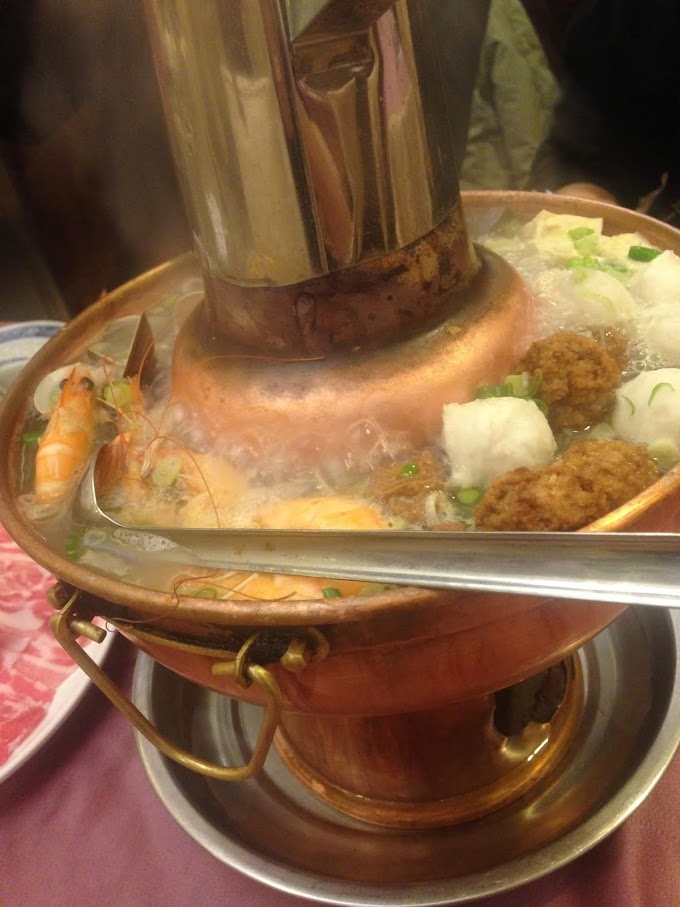Mung beans (Vigna radiata), also known as green gram, are a type of legume that are commonly grown and consumed in Asia, particularly in China, India, and Indonesia. They are small, green, and have a sweet, nutty flavor. Mung beans are often used as a staple food or as an ingredient in various dishes, such as mung bean sprouts, soups, and stews. They are also used in traditional medicine in some cultures.
Mung beans are a good source of protein, fiber, vitamins, and minerals. They contain high levels of antioxidants and are believed to have various health benefits, such as helping to lower cholesterol levels, improving digestion, and aiding in weight loss. Mung beans can be eaten cooked or sprouted, and are often used in vegetarian and vegan dishes as a substitute for meat. They are also used in the production of tofu and soy milk.
Nutritional components and functions
Mung beans are a nutritious food that contains a variety of essential nutrients. According to the United States Department of Agriculture (USDA), a half-cup (100 grams) of cooked mung beans contains:
Protein: 7 grams
Fiber: 2 grams
Vitamin C: 0%
Calcium: 2%
Iron: 6%
Magnesium: 14%
Potassium: 6%
Zinc: 3%
Mung beans also contain other vitamins and minerals, such as vitamin B6, folate, and phosphorus.
In addition to their nutritional content, mung beans are believed to have various health benefits. Some of these potential benefits include:
- Helping to lower cholesterol levels: Mung beans contain high levels of antioxidants, which may help to reduce cholesterol levels.
- Improving digestion: Mung beans are high in fiber, which can help to improve digestion and prevent constipation.
- Aiding in weight loss: Mung beans are low in calories and high in fiber, which can help to promote feelings of fullness and reduce overall food intake.
- Boosting the immune system: Mung beans are a good source of vitamins and minerals, which may help to boost the immune system.
- Improving bone health: Mung beans contain high levels of calcium and iron, which are important for maintaining strong bones.
It's important to note that the above potential health benefits are based on research, and not all people will experience these benefits. It's always a good idea to speak with a healthcare professional if you have any concerns about your health.









0 留言